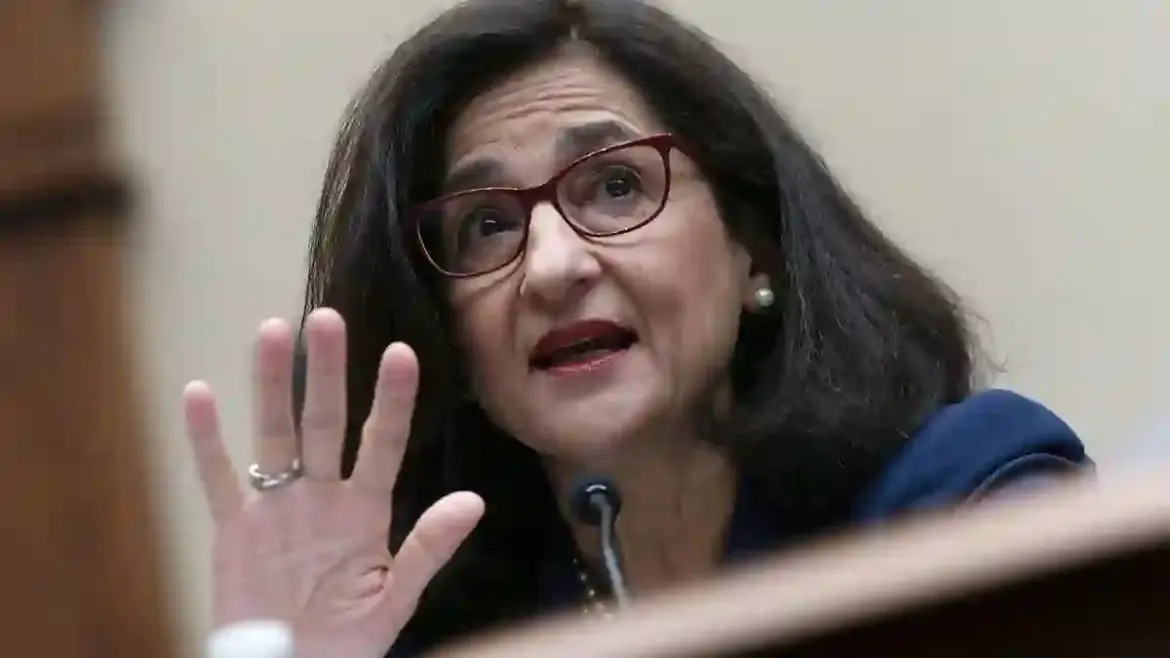As the UK economy continues to stumble, Prime Minister Sir Keir Starmer is shaking up his top team in Downing Street.
His latest move is the expected appointment of Baroness Minouche Shafik as his chief economic adviser—a decision that has already sparked a flurry of criticism from both political opponents and market commentators.
Who Is Baroness Minouche Shafik?
Born in Egypt, Lady Shafik has built a career across academia, the civil service, and global institutions.
She served as deputy governor of the Bank of England and later oversaw the International Monetary Fund’s response to the Eurozone debt crisis in 2009.
More recently, she was head of Columbia University in the United States before stepping down last year following criticism of her handling of student protests linked to the Israel-Hamas conflict.
A Divisive Appointment
Critics argue that Lady Shafik is the wrong person for the job.
Shadow Business Secretary Andrew Griffith branded her “an establishment academic with no experience of business,” suggesting that thousands of entrepreneurs in Britain could better explain the realities of economic growth.
Former Treasury economist Julian Jessop echoed this view, questioning her ability to handle “real world” challenges and highlighting her lack of influence in financial markets.
Her Record on Tax and Policy
Lady Shafik’s name is already familiar in political and financial circles.
In 2023, she co-chaired a Resolution Foundation inquiry that recommended scrapping inheritance tax relief on farms and including pension pots in estates after death.
Both proposals were later enacted by Chancellor Rachel Reeves in her first Budget, sparking anger among farmers and savers.
Working With Reeves and Bell
In her new role, Lady Shafik is expected to act as a crucial link between Sir Keir and Chancellor Rachel Reeves, who is preparing significant tax rises in the upcoming autumn Budget. She will also work closely with Pensions Minister Torsten Bell—formerly of the Resolution Foundation—who was recently promoted to play a central role in shaping Budget plans.
A Focus on Redistribution
Supporters say Lady Shafik brings valuable experience from global finance and academia, but critics claim she leans too heavily on wealth taxes and income redistribution.
Jessop went so far as to suggest she is “even keener” on taxing the wealthy than Reeves and Bell—raising concerns among investors and business groups about the direction of the government’s economic strategy.
No 10 Keeps Quiet
For now, Downing Street has refused to comment on the appointment.
But with up to £50 billion in public finances to fill, Reeves and Starmer appear determined to bring in voices who support their approach to raising revenue—even if those voices divide opinion.



